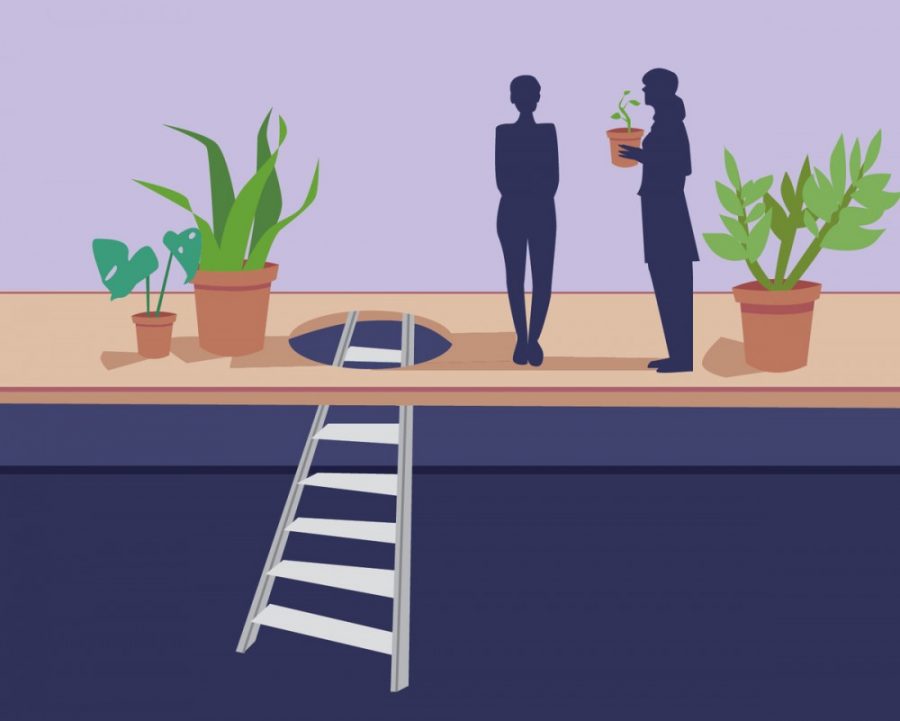A new student group that started at the University of Minnesota last month hopes to provide support and teach coping mechanisms to students affected by traumatic events during childhood.
H.O.P.E. is working to create a community for students with traumatic childhood experiences while raising awareness of adverse childhood experiences. The student organization was founded by research assistants of Canan Karatekin, an associate professor in the University’s College of Education and Human Development.
Research on adverse childhood experiences, or ACEs, only began in the 1970s. ACEs are experiences of “abuse, neglect, exposure to domestic violence and neighborhood violence, peer victimization, and parental mental illness,” according to Karatekin’s website. Many researchers define ACEs differently, but in many cases they are defined as moderately to severely stressful experiences that occur during childhood up to the age of 18, Karatekin said.
“We saw a need for college students to have a supportive environment where we understand these experiences … because it does affect their mental health well-being [and] their physical health well-being.” said Emame Thompson-Eja, a University second-year psychology student and a research assistant in the Child Wellbeing Research Group, a project led by Karatekin.
Thompson-Eja said meetings and events sanctioned by H.O.P.E. — which stands for healing, overcoming, persisting and encouraging — will focus on teaching ways for its members to overcome adversity, build resilience and self-efficacy and offer social support for members struggling with ACEs.
ACEs can be correlated with unemployment, underachievement, incarceration, substance abuse and can even be linked to physical ailments such as asthma and cardiovascular disease, Karatekin said.

“[ACEs] affect the whole body as well as mental health,” she added.
Morgan Bilz is a first-year University student who said the promise of leaving home to attend college was what pulled her through some of her most trying days. During her childhood, Bilz said she and her four siblings experienced divorce and familial mental health crises and were victims of mental and emotional abuse.
Bilz said these experiences still impact her today and they have motivated her to study child psychology.
“I’m very proud of the person that I am today, but I hope to be there for the kids that felt the way that I did at the time,” she said.
At the University, Bilz said she’s found her calling and place in spite of her early traumatic experiences.
“I’m a freshman and I’ve found my place and found out exactly what I want to do … and organizations that are very tailored to my passion. I’ve literally never been happier,” Bilz said.
Avery Yang, a 26-year-old student studying psychology, said he realized he was dealing with ACEs only one year ago. Yang said he had a particularly difficult childhood as a first-generation college student who experienced widespread abuse, familial mental illness and domestic violence.
Yang said he felt the presence of ACEs in his life has hindered his college experience and even made him question what he gained from his studies at the University. When H.O.P.E. was founded, it provided him the community he said he had desperately needed earlier in his college years.
“I think the great thing about H.O.P.E. is they have their own ways of addressing issues and finding solutions. That’s so great because that’s where I’m at and that’s what I needed,” he said, “I’m graduating now and this club just started and it was just exactly what I needed.”









